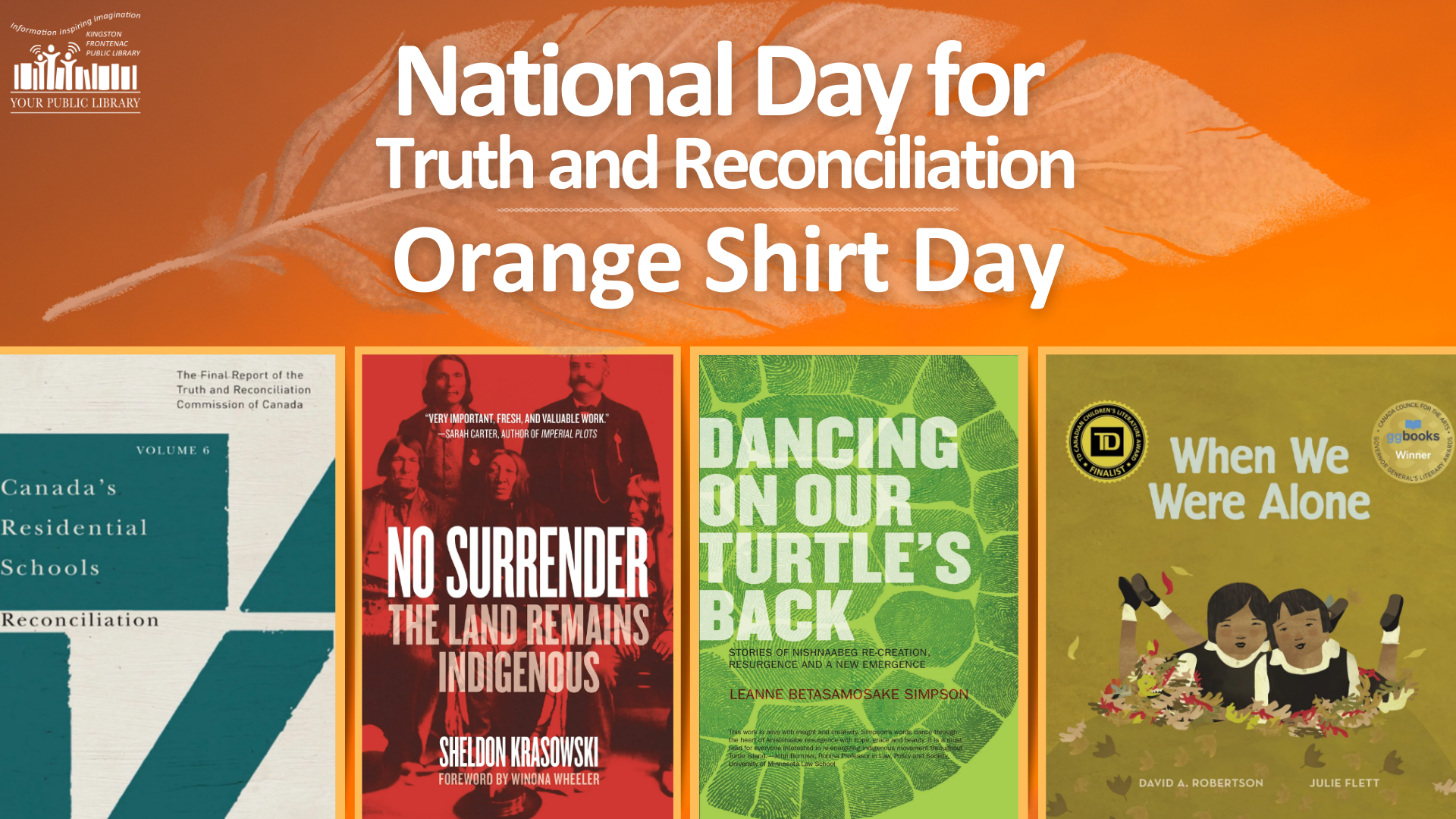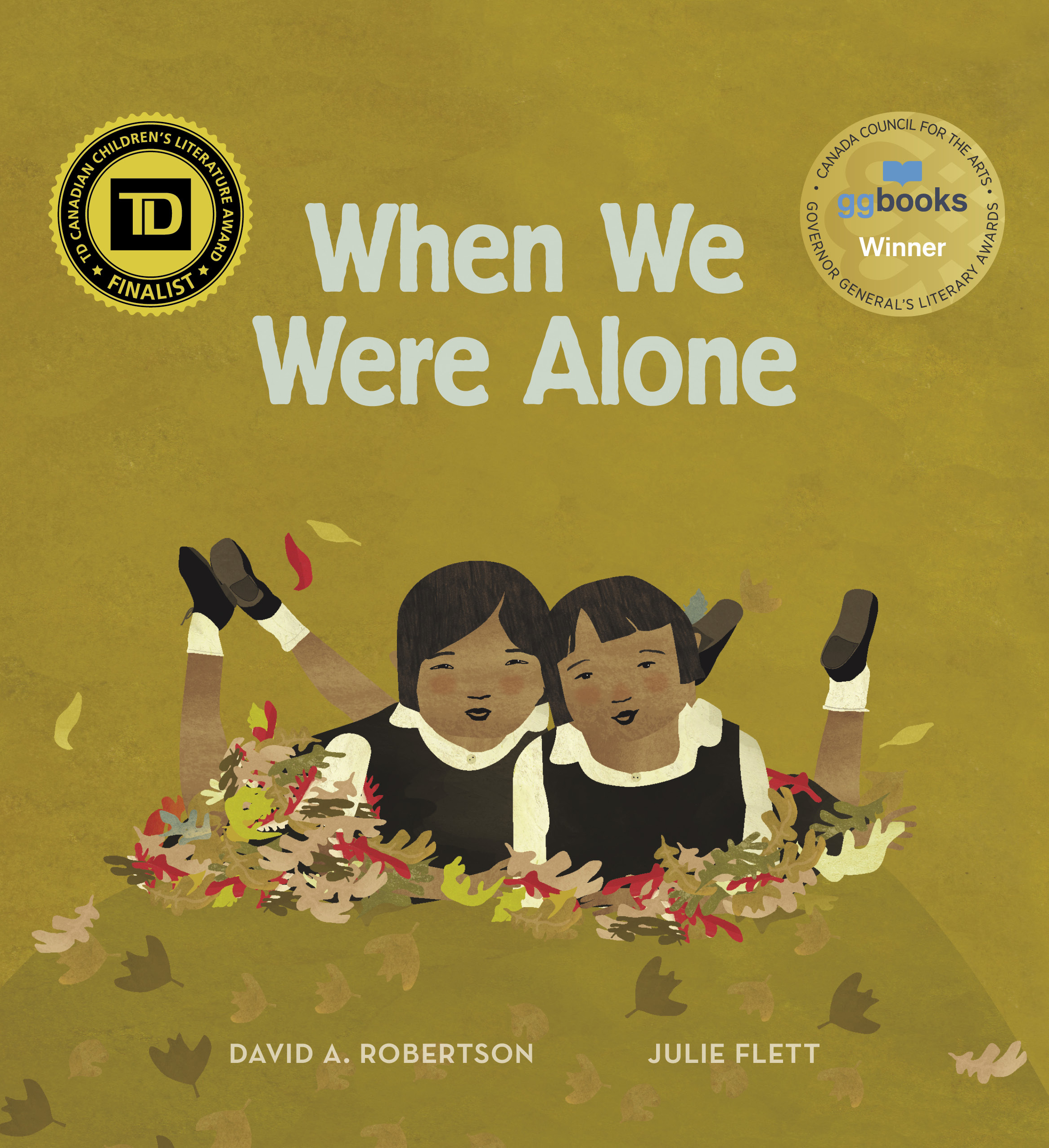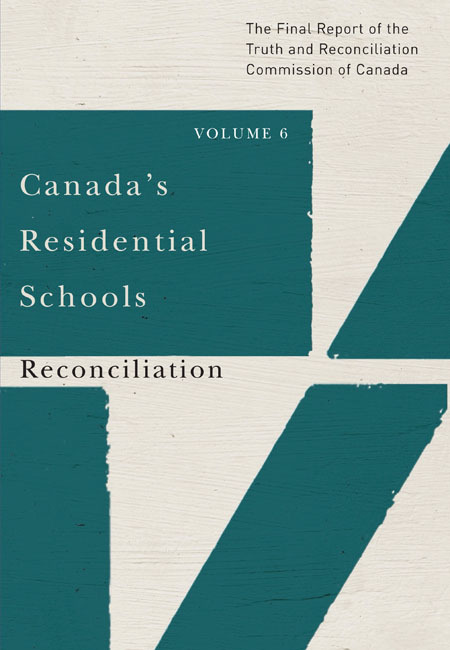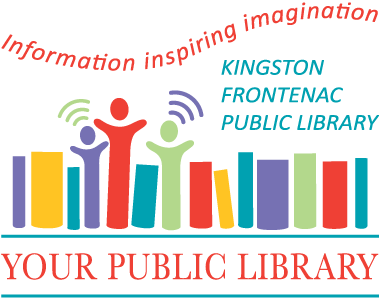
September 30 is the National Day for Truth and Reconciliation and Orange Shirt Day. This day acknowledges the painful legacy of residential schools and the ongoing trauma faced by survivors of these institutions and honours survivors, families, communities, and children stolen by the violence of colonialism. These books will help broaden your understanding of truth, reconciliation, and residential institutions.
Former residential school students can call 1-866-925-4419 for emotional crisis referral services and information on other supports.
When We Were Alone by David Robertson and Julie Flett
When a young girl helps tend to her grandmother's garden, she notices things that make her curious. Why does her grandmother have long, braided hair and beautifully coloured clothing? Why does she speak another language and spend so much time with her family? As she asks her grandmother about these things, she is told about life in a residential school a long time ago, where all of these things were taken away. Ages 6-8. Disponible en français comme Quand On Était Seuls.
Development of the Reserve System by Simon Rose and Kathleen Corrigan
The Indigenous Life in Canada series reveals the challenges Indigenous peoples face, celebrates their cultures, and highlights their contributions. This edition provides insight into life on First Nations reserves, how reserves are governed and the history of how these reserves were created. Ages 9-12.
Let the People Speak: Oppression in a Time of Reconciliation by Sheilla Jones
Author and journalist Sheilla Jones raises an important question: are the well-documented social inequities in Indigenous communities — high levels of poverty, suicide, incarceration, children in care, family violence — the symptoms of this long-standing, institutionalized powerlessness? If so, the solution lies in empowerment, and the means of empowerment are already embedded in the historic treaties.
Indigenous Relations: Insights, Tips & Suggestions to Make Reconciliation a Reality by Robert P.C. Joseph with Cynthia F. Joseph
We are all treaty people. But what are the everyday impacts of treaties, and how can we effectively work toward reconciliation if we're worried our words and actions will unintentionally cause harm? This is your guide to respecting cultural differences and improving your relationships and interactions with Indigenous Peoples.
Unbroken: My Fight for Survival, Hope, and Justice for Indigenous Women and Girls by Angela Sterritt
Angela Sterritt inhabited places that, today, are infamous for being communities where women have gone missing or been murdered: Vancouver's Downtown Eastside and, later on, Northern BC's Highway of Tears. Sterritt faced darkness: she experienced violence from partners and strangers and saw friends and community members die or go missing. But she navigated the street, group homes, and SROs to finally find her place in journalism and academic excellence at university, relying entirely on her strength, resilience, and creativity along with the support of her ancestors and community to find her way.
No Surrender: The Land Remains Indigenous by Sheldon Krasowski
Between 1869 and 1877, the government of Canada negotiated Treaties One through Seven with the Indigenous peoples of the Great Plains. Exposing the government’s strategic plan to deceive, No Surrender demonstrates that the land remains Indigenous.
Going Back Home by Marie Hess
Written by a Mohawk Institute Residential School survivor, this is a fierce and candid story that reveals the heartbreaking trauma of that tragic time in our history. Hess portrays how the ongoing impact of residential school confinements affects Indigenous communities over several generations and contributes to many social problems to this day
The Reconciliation Manifesto: Recovering the Land, Rebuilding the Economy by Arthur Manuel and Ronald M. Derrickson
This book offers an illuminating vision of what is needed for true reconciliation, questioning virtually everything non-Indigenous Canadians believe about their relationship with Indigenous peoples. Manuel sets out the steps needed to place this relationship in a healthy and honourable setting.
Dancing On Our Turtle's Back: Stories of Nishnaabeg Re-Creation, Resurgence and a New Emergence by Leanne Simpson
Activist, editor, and educator Leanne Simpson asserts reconciliation must be grounded in political resurgence and support the regeneration of Indigenous languages, oral cultures, and traditions of governance.
Aboriginal Rights are Not Human Rights: In Defence of Indigenous Struggles by Peter Keith Kulchyski
This book addresses three distinct features of Indigenous rights: cultural traditions, struggles with the state over land, and rights in practice. It offers concrete suggestions to transform the current policy paradigm into one that supports and invigorates Indigenous cultures in a contemporary context.
Canada's Residential Schools: Reconciliation: The Final Report Of The Truth And Reconciliation Commission Of Canada, Volume 6
Canada’s Residential Schools: Reconciliation documents the complexities, challenges, and possibilities of reconciliation by presenting the findings of public testimonies from residential school Survivors and others who participated in the TRC’s national events and community hearings.
















